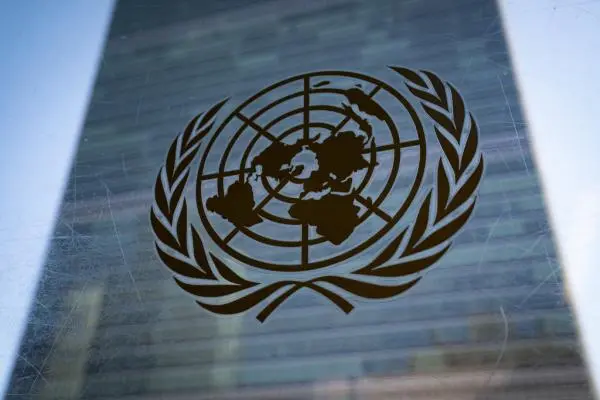India’s assertive reply to Pakistan’s comments at the 55th Regular Session of the UN Human Rights Council reflects the ongoing tensions between the two nations and highlights India’s firm stance on internal affairs and human rights issues.
First Secretary Anupama Singh exercised India’s ‘Right of Reply’ by firmly rebutting Pakistan’s criticism of New Delhi. Singh emphasized that Pakistan, a nation with a history of systemic persecution of minorities and a dismal human rights record, lacks credibility to comment on India’s internal matters.
Singh’s remarks underscored India’s position on the integral nature of Jammu and Kashmir and Ladakh within its sovereign territory. She reiterated that constitutional measures taken by the Indian government in these regions are aimed at promoting socio-economic development and good governance, emphasizing that Pakistan has no authority to intervene in India’s internal affairs.
Furthermore, Singh condemned Pakistan’s human rights record, citing a specific instance of violence against the Christian minority community in Jaranwala city, Pakistan, where numerous churches were vandalized and Christian homes destroyed. This condemnation underscores India’s commitment to upholding human rights and pluralistic values.
Singh also highlighted the contrast between India’s democratic principles and Pakistan’s support for UN-sanctioned terrorists. This assertion reflects India’s concerns regarding Pakistan’s role in fostering terrorism and instability in the region.
India’s response comes against the backdrop of its desire for normal and peaceful relations with all neighboring countries, including Pakistan. However, India maintains that such relations are contingent upon a conducive environment free from terrorism and hostility. This stance reaffirms India’s commitment to regional stability and security.
Overall, India’s ‘Right of Reply’ at the UN Human Rights Council serves as a diplomatic reaffirmation of its sovereignty, commitment to human rights, and firm stance against external interference in its internal affairs. It also reflects India’s proactive approach in addressing regional challenges and advocating for its interests on the global stage.














